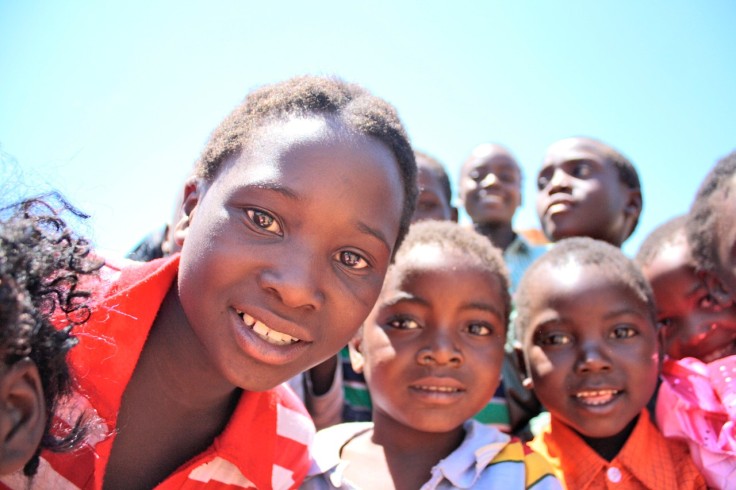
Black Africans are at a disadvantage when it comes to medical treatments because they constitute just 2% of the genetic samples used in pharmaceutical research. However, a new genomics company based in Nigeria wants to change that.
According to Abasi Ene-Obong, the founder and CEO of biotech start-up 54gene, black Africans and their black ancestral people are more genetically diverse than all the other populations and races combined. He said that the African genetic information is a massive asset yet to be exploited.
"Drugs are not even made with Africans in mind, they are not trialed clinically with an African population, so what you have are drugs with lower efficacy for the African population and with poorer safety profiles," he told reporters.
Dr. Ene-Obong also added that knowledge of the role of genetics in diseases will help in the development of appropriate treatment. He has established a genetic research laboratory in Lagos, Nigeria's largest city, from where his team plans to collect some 40,000 samples of data by the end of 2019. Their goal in the next 12 months is to reach 100,000.
Dr. Ene-Obong said it takes time for new medicines to enter Africa, sometimes between 15 and 20 years. Pharmaceutical firms also manufacture products for the lucrative Western market, and generic versions are available only in Africa after the loss of patents by these businesses.
He proposed that the way to fix this gap is to increase access to genomic data from African populations in order to promote integrated scientific research that includes black African health profiles. He explained that this will lead to a more optimized diagnostic and treatment results that will not only benefit Africans but also everyone else on the planet.
His research company seeks to study diseases such as sickle cells, affecting mainly black Africans in the main. His firm, 54gene, will also examine the genetic function of non-communicable diseases such as cancer, cardiovascular disease, hypertension, dementia, and others. The biotech start-up is currently working to collect DNA samples in Nigerian hospitals.
Started in January 2019, the development of 54gene was very quick. The start-up raised $4.5 million in seed funding from investors in July. He says the company is not only interested in collecting and processing samples in a bio-bank, but also in improving health care in the areas where they operate.
The biotech firm is named after the 54 countries in Africa that are internationally recognized. It also plans to expand the scientific studies in the continent through collaborations with African pharmaceutical companies and research laboratories.
The start-up company has also signed up to comply with data protection regulations such as the laws of the United States Health Insurance Portability and Accountability (HIPA) and the policy of the European General Data Protection Regulation (GDPR).
He claims all patient information is confidential and is stored in encrypted systems. For the compilation, authentication and processing of genetic data, companies developing drugs or diagnostic tests pay 54gene. Therefore, the data gathered by 54gene could be useful to government and other private organizations.
© 2026 University Herald, All rights reserved. Do not reproduce without permission.








